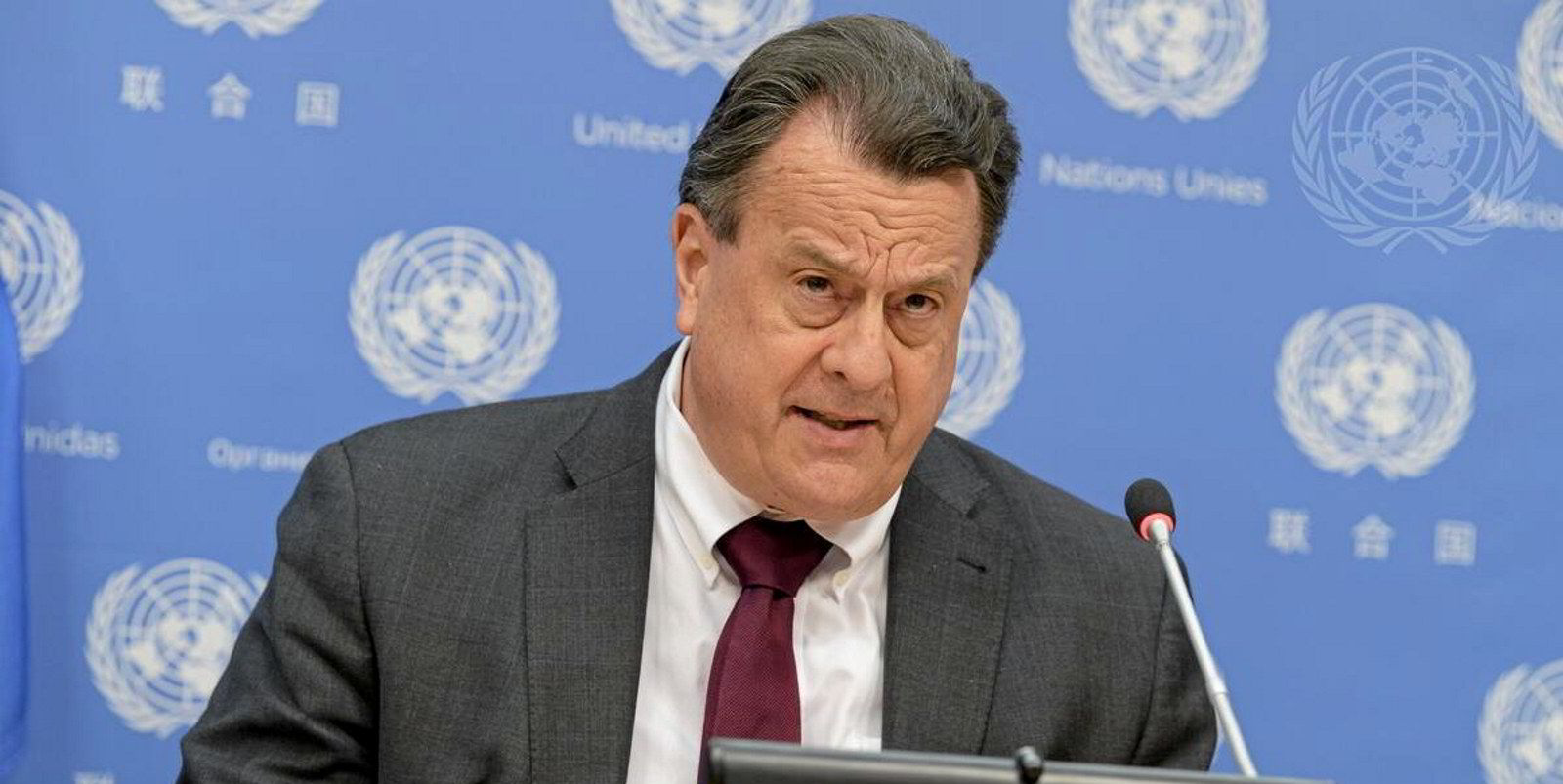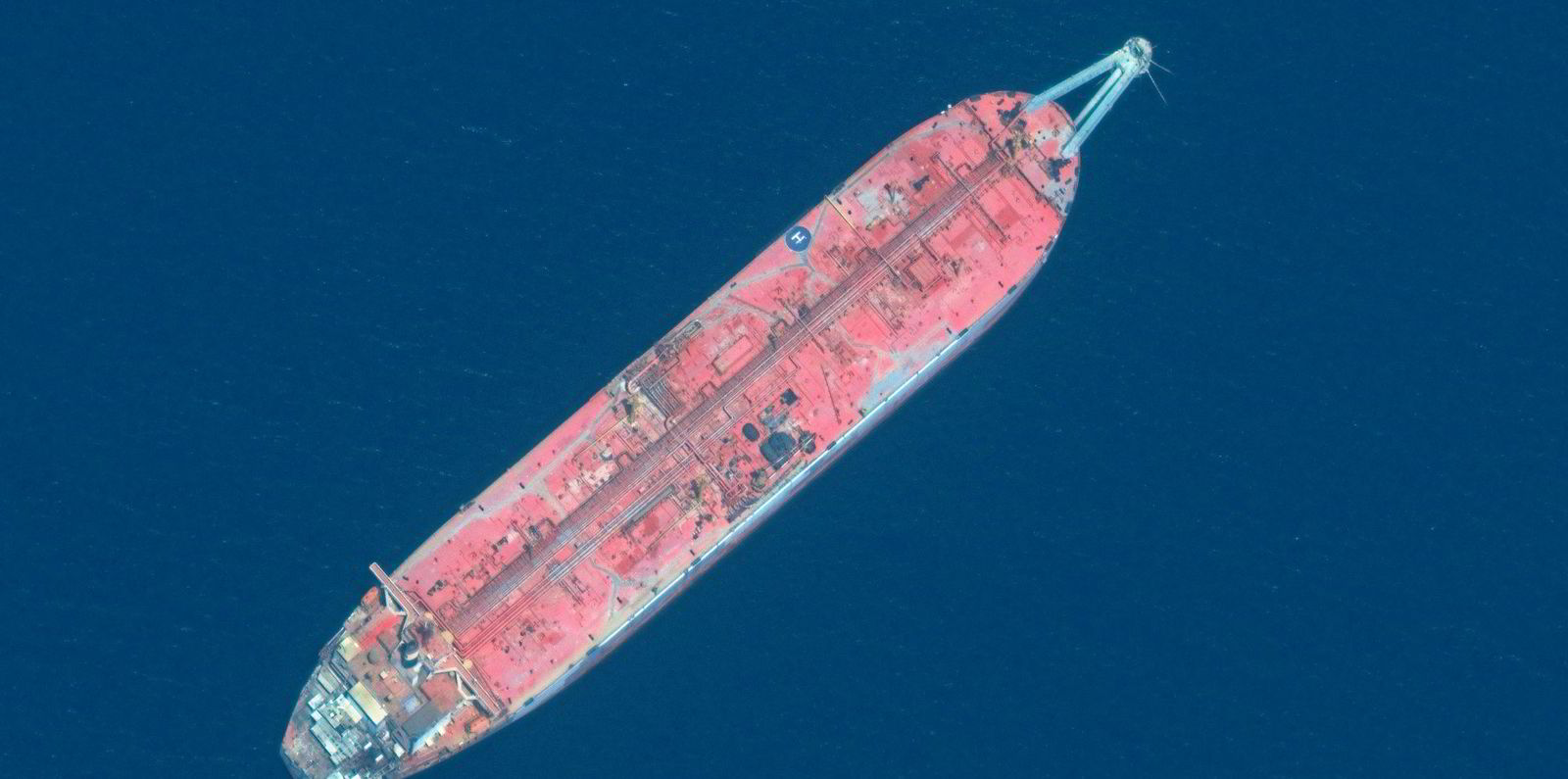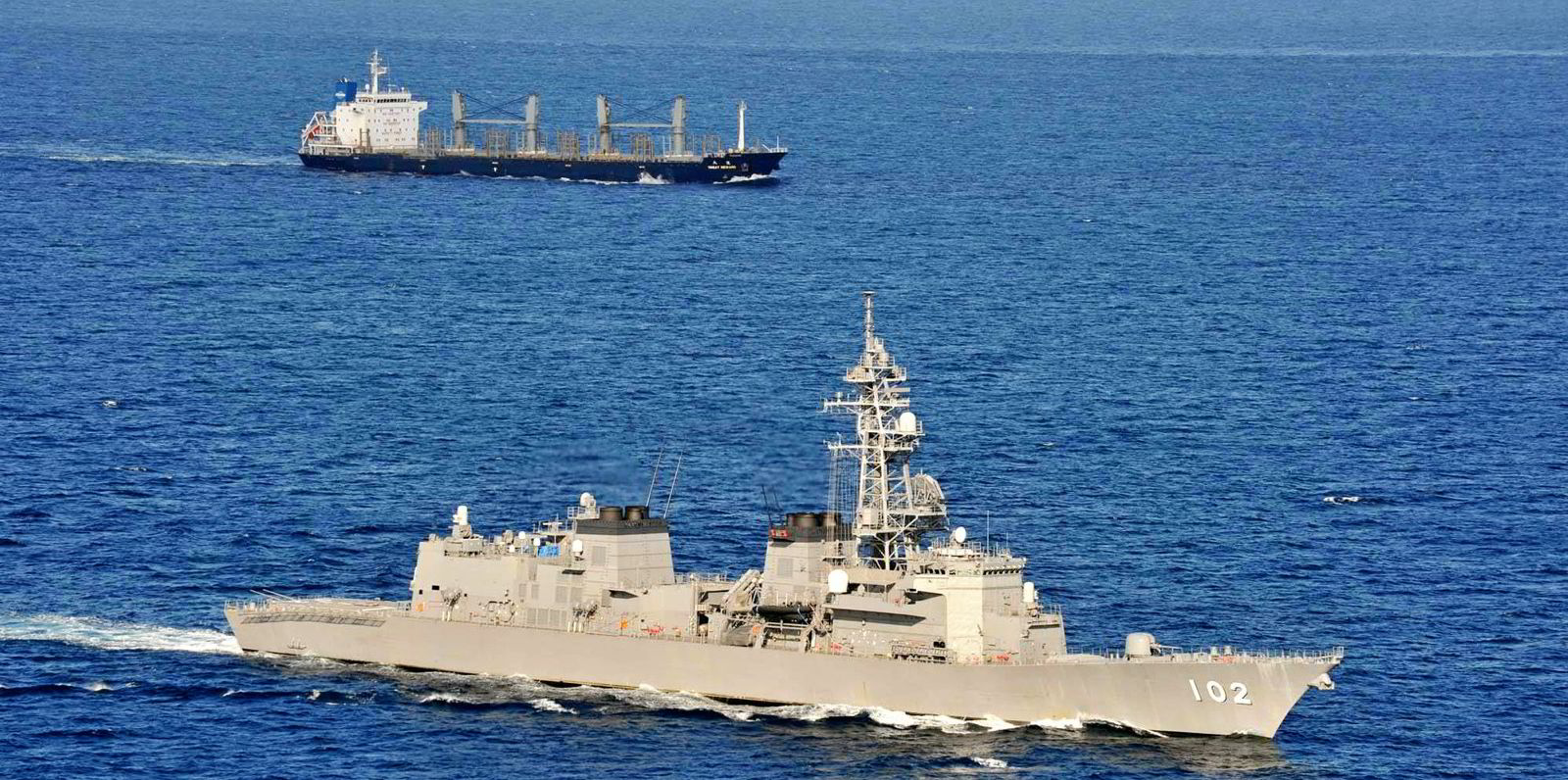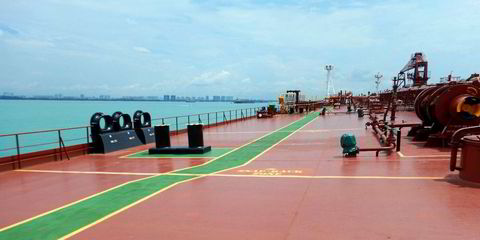Yemen’s HSA Group on Thursday became the first private company to contribute to an $80m UN appeal to lighter 1.14m barrels of oil from a floating storage vessel at risk of breaking up off the country’s coastline.
The $1.2m donation from Yemen’s largest private company with interests in trading to property comes after shipping and oil companies snubbed direct requests for help from UN officials seeking to prevent a catastrophic oil spill.
The 407,000-dwt FSO Safer (built 1976) has been described as a “ticking time-bomb” that holds four times the amount of oil that was spilt by the Exxon Valdez in 1989. The Safer has not been maintained for seven years because of Yemen’s civil war.
“A spill on the scale projected by the UN would have a devastating impact on Yemen,” said Nabil Hayel Saeed Anam, of the HSA Group, in a statement.
“Given that there remains a large funding shortfall, and time is running out, HSA believes that the private sector must step forward.
“We hope that this first donation from the private sector may serve to encourage other companies across the world to contribute to the UN’s response and avert this potentially catastrophic crisis.”
David Gressly, the UN resident coordinator for Yemen who is fronting the appeal, told TradeWinds in July that some shipping and oil companies had declined to contribute because they feared being held responsible if the operation went wrong.

He said that he hoped one private company stepping forward could encourage others to donate to the appeal.
“We urgently need the remaining funds,” he said in a Tweet on Thursday.
The UN had been seeking to reach an initial $80m to lighter fuel from the decaying vessel by the end of June through government, crowd-funding and private sector donations but it remains some $16m short.
The vast bulk of the money has been pledged by governments but the UN has so far seen less than $10m of it.
The appeal is seeking some $144m for the full project which would include a vessel to replace the FSO Safer.
It has been moored 4.8 nautical miles (8.9 km) off the Ras Issa port for more than 30 years.
It is connected via pipeline to the oil-rich city of Marib.
The Safer is controlled by Iran-backed Houthi insurgents who took power in the capital Sanaa in 2015.
Costly clean-up
The oil on board the vessel cannot be used to fund the lightering operation because its ownership is contested by the internationally-recognised government forced out by the Houthis.
Its boilers stopped working in 2017 and seven Yemeni crew members remain aboard the vessel to try to keep it afloat and deal with leaks and crises.
The UN said that time was becoming increasingly important to secure the money with expected worse weather in October and November increasing the risk of it breaking up.
The clean-up after any leak is estimated to cost about $20 billion.
A leak could close the Bab el-Mandeb Strait, a strategic link between the Mediterranean Sea and the Indian Ocean. Computer modelling suggests that oil could reach the main shipping lanes within 100 hours.
Chokepoint
Shipping carrying 6.2m barrels of crude oil and products passed through the strategic choke point every day in 2018, said the US Energy Information Administration.
Closing the strait in the event of an oil spill, which measures 29km at its narrowest point, could keep tankers in the Middle East Gulf from reaching the Suez Canal and the Sumed pipeline.
It would force them to divert around the southern tip of Africa. European and North African oil could also no longer take the most direct route to Asian markets.





